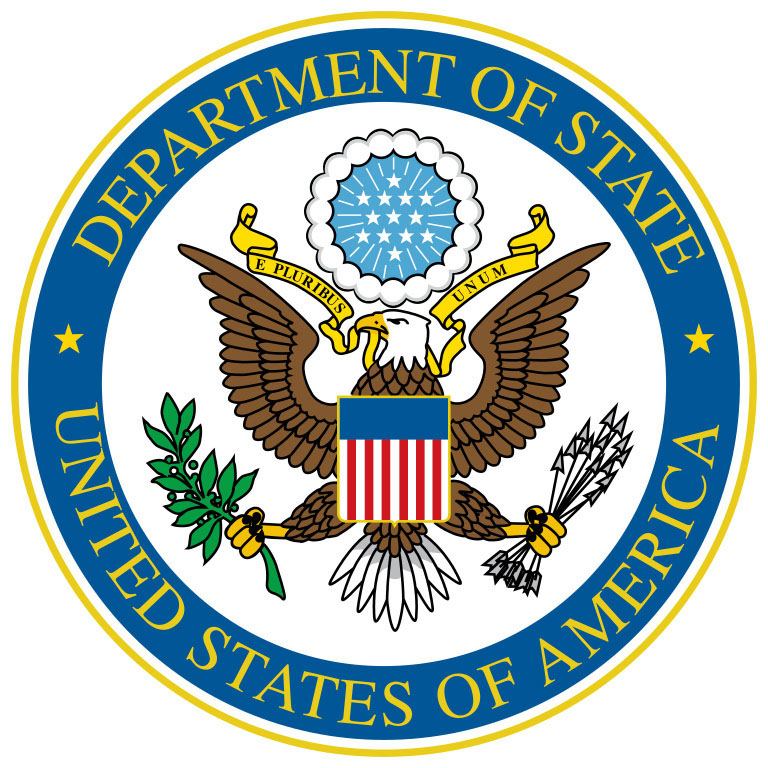In this edition of our Ask-the-Consul, we will provide information on studying in the United States. With thousands of academic programs, world-class institutions, and unmatched flexibility, the United States offers a wealth of higher-education opportunities that you will not find anywhere else in the world!
Q: I just received my CXC results, and I am thinking about going to college in the U.S. Where do I start?
A: Yay! Congratulations on being successful at the CXC exams and we’re thrilled that you are considering continuing your educational journey in the United States. Your first step is to research U.S. colleges and universities and to select an institution that best fits your needs.
Q: There are so many colleges and so many programs available within the U.S. Can the U.S. Embassy help me narrow down some options and guide me through the school application process?
A: We certainly can! Choosing the right college is a difficult process for any student, but it can be especially challenging for international students. Firstly, we encourage you to review the 5 Steps to U.S. Study on our EducationUSA webpage at https://educationusa.state.gov/. If you still need assistance, you may schedule a virtual one-on-one session with our local Education Advisor. Appointments can be made at https://calendly.com/amajeed-1/educationusa-virtual-advising.
Q: If I’m accepted at a school in the U.S, what happens next? Do I need a special type of visa to study in the U.S?
A: Yes. You are not able to study long term on a B1/B2 visitor visa. Once accepted at a U.S. institution, you will need a student visa to enter the U.S. for the program. Academic and language students require an F1 visa. Students undertaking vocational training, such as for a flight school, require an M1 visa. The requirements for either are nearly identical.
Q: May I apply for the student visa before I apply to American colleges/universities? It seems like a long process if I can’t get a visa.
A: No, you must be accepted to a university in the U.S. before you can apply for a student visa. Your interview will cover the details of your plans and finances in the U.S. which you won’t know until you are accepted to a university.
Q: I applied to a college and was accepted! What are the requirements for the student visa application?
A: Congratulations on getting accepted! Once your school issues you with a Form I-20 – Certificate of Eligibility for Non-immigrant Student Visa Status, you may follow the non-immigrant visa application instructions on our website https://gy.usembassy.gov/visas/nonimmigrant-visas/ to apply for the student visa. The following documents will be required at your interview:
1. DS-160 Visa Application Confirmation Page
2. Original Form I-20 issued by the U.S. college/university where you were accepted.
3. Fee payment receipt for registration in the Student & Exchange Visitor Information System (SEVIS). Learn more about paying this required fee at https://fmjfee.com/i901fee/index.html. It must be paid prior to the visa interview.
4. Official results of any standardized test scores used for gaining entry into college (e.g., SAT, GRE, GMAT, etc.) and/or transcripts or diplomas from all previous academic institutions.
5. Evidence of sufficient financial resources to cover all tuition and living expenses in the U.S., such as bank statements from sponsors or scholarship award documentation.
Q: Does acceptance at a college and receiving Form I-20 guarantee me a student visa?
A: Acceptance at a U.S. institution is the first step in the process, and we are committed to ensuring that all legitimate students receive the appropriate visa to study in the U.S. However, acceptance at a school does not mean a visa will be automatically approved. At the visa interview, you will need to establish that you will be a legitimate student, that you have the financial resources or scholarship to do so, and that you have plans to return to Guyana after your studies conclude. These are the basic requirements for qualifying for the student visa.
Q: If I am granted a student visa, how long may I remain in the U.S.?
A: Your student visa will be valid for the length of your anticipated course of study, up to 60 months. You are permitted to enter the U.S. up to 30 days before your studies commence and may remain up to 60 days after you complete them. You may remain in the U.S. during holiday and summer recesses.
You may return to Guyana or travel internationally during academic recess but be sure not to take absences of greater than 5 months from the U.S., unless engaged in related academic study, as such absence would invalidate your visa.
If you need more information on the student visa process, please see https://travel.state.gov/content/travel/en/us-visas/study.html.
Q: Is there a source of guidance on all these requirements?
A: Yes, EducationUSA is your official source on U.S. higher education for accurate, comprehensive, and current information about opportunities to study at accredited postsecondary institutions in the United States. If you need general information about becoming a foreign student in the U.S., please visit www.educationUSA.state.gov.
If you have any questions or need guidance applying to an American educational institution, contact the U.S. Embassy Education Advisor via email to amajeed@educationusa.org or set up a virtual consultation session at https://calendly.com/amajeed-1/educationusa-virtual-advising.
***
“Ask the Consul” is a monthly column from the U.S. Embassy answering questions about U.S. immigration law and visa issues. Detailed information about visas and travel can be viewed at https://gy.usembassy.gov/, https://ais.usvisa-info.com/ and https://travel.state.gov/. Applicants are strongly encouraged to prepare their own documents and avoid third-party advice. U.S. Consular rules change frequently, and non-U.S. government advisors often provide inadequate or inaccurate information. Please contact our Visa Information Service Center on toll free numbers: 1-877-246-6788 or 703-988-5765 if you have general visa questions.”









